#AINTNOTOKEN the Campaign Challenging the Tokenisation and Fetishisation of Muslim Ethnic Minorities in the Beauty and Fashion Industries
by Amaliah Team in Culture & Lifestyle on 2nd August, 2018
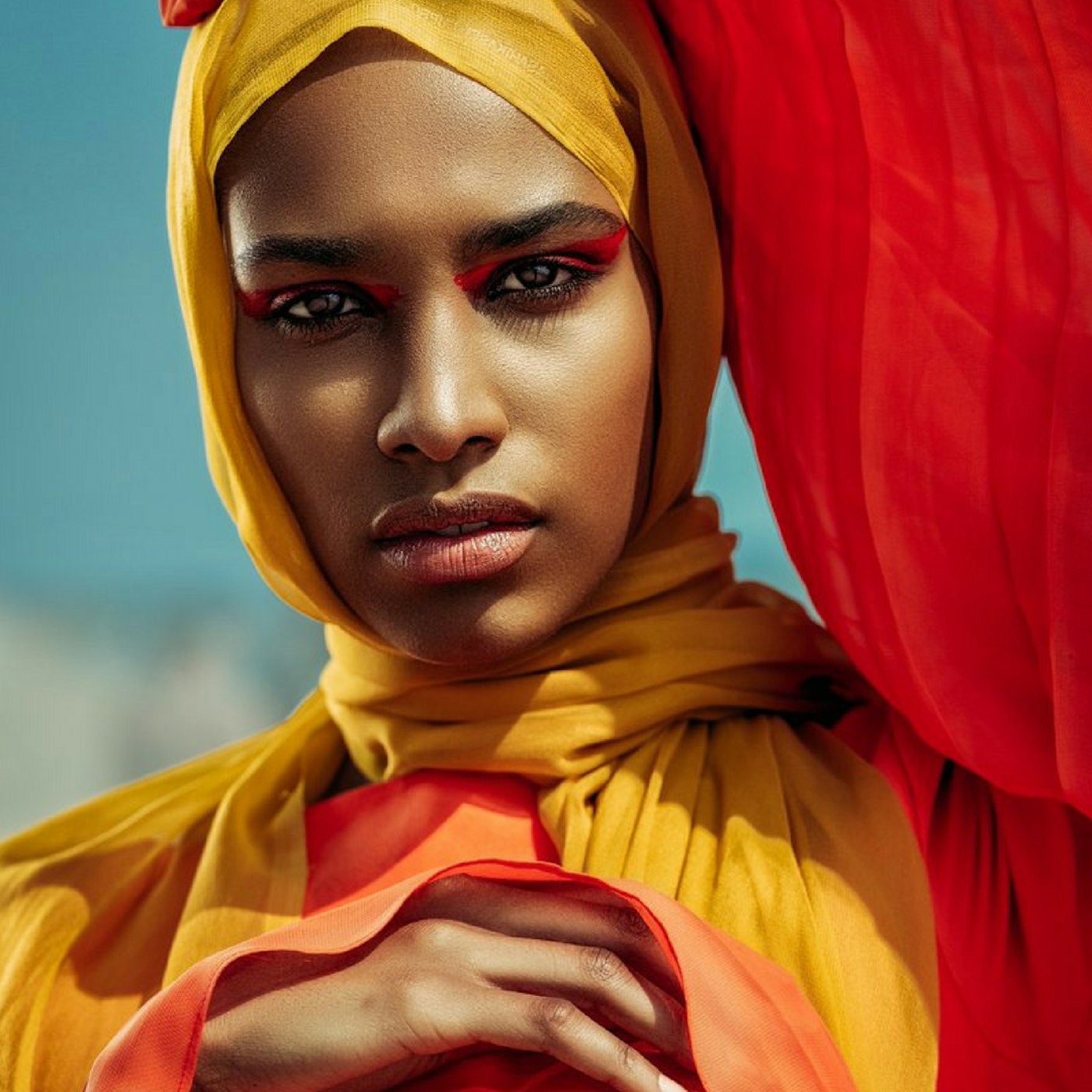
From @zainabhassanxo Twitter account
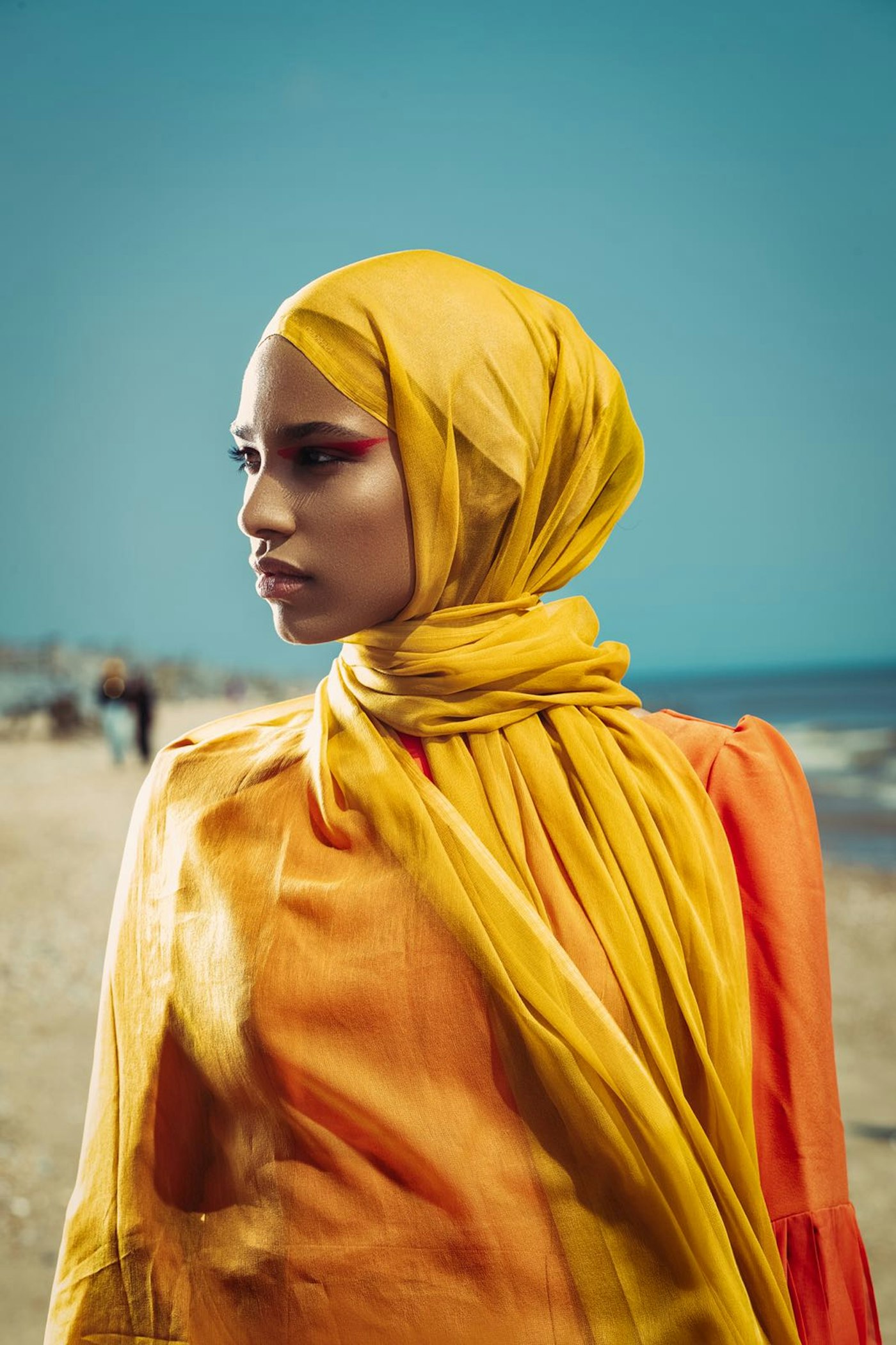
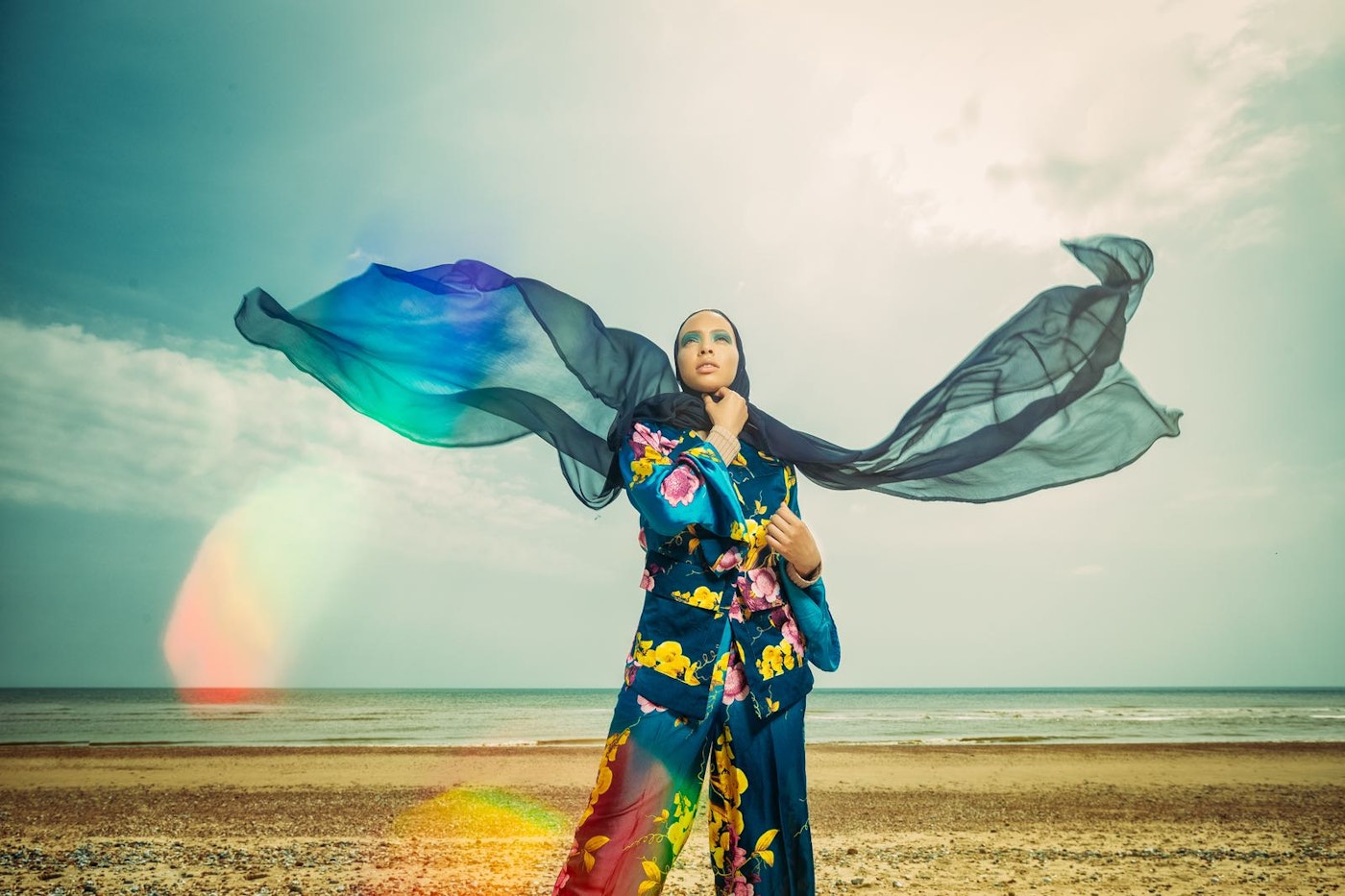
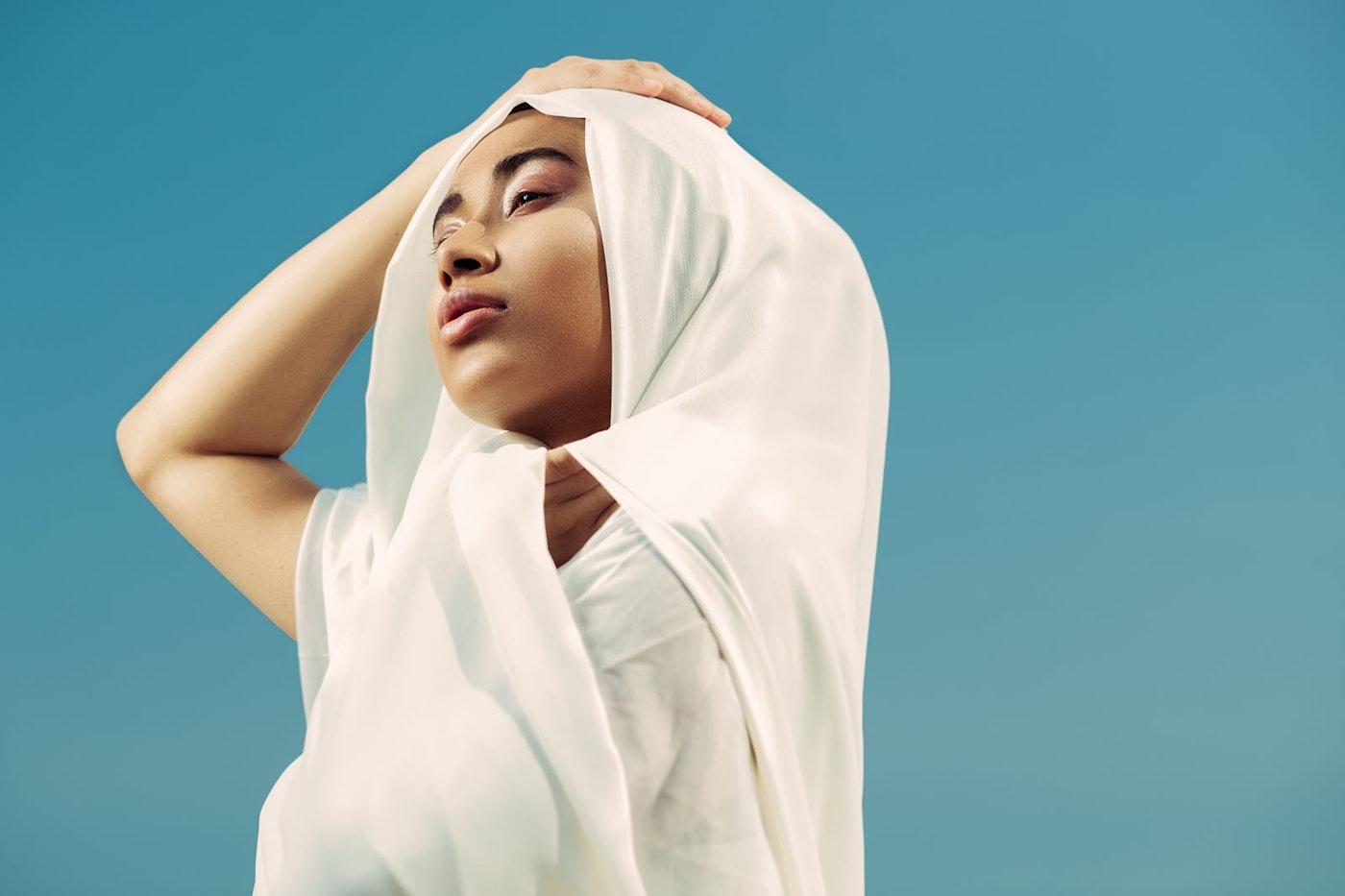
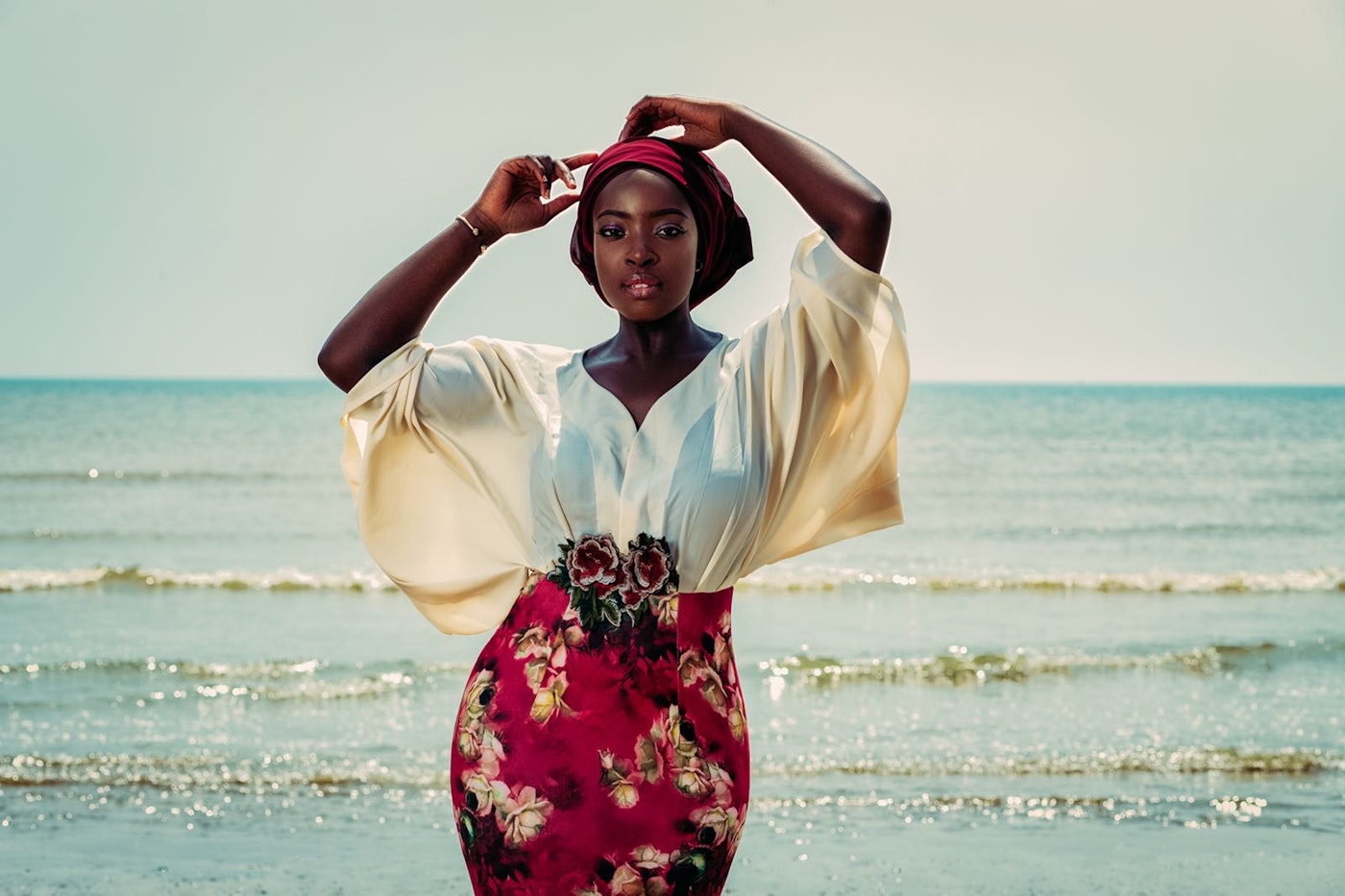
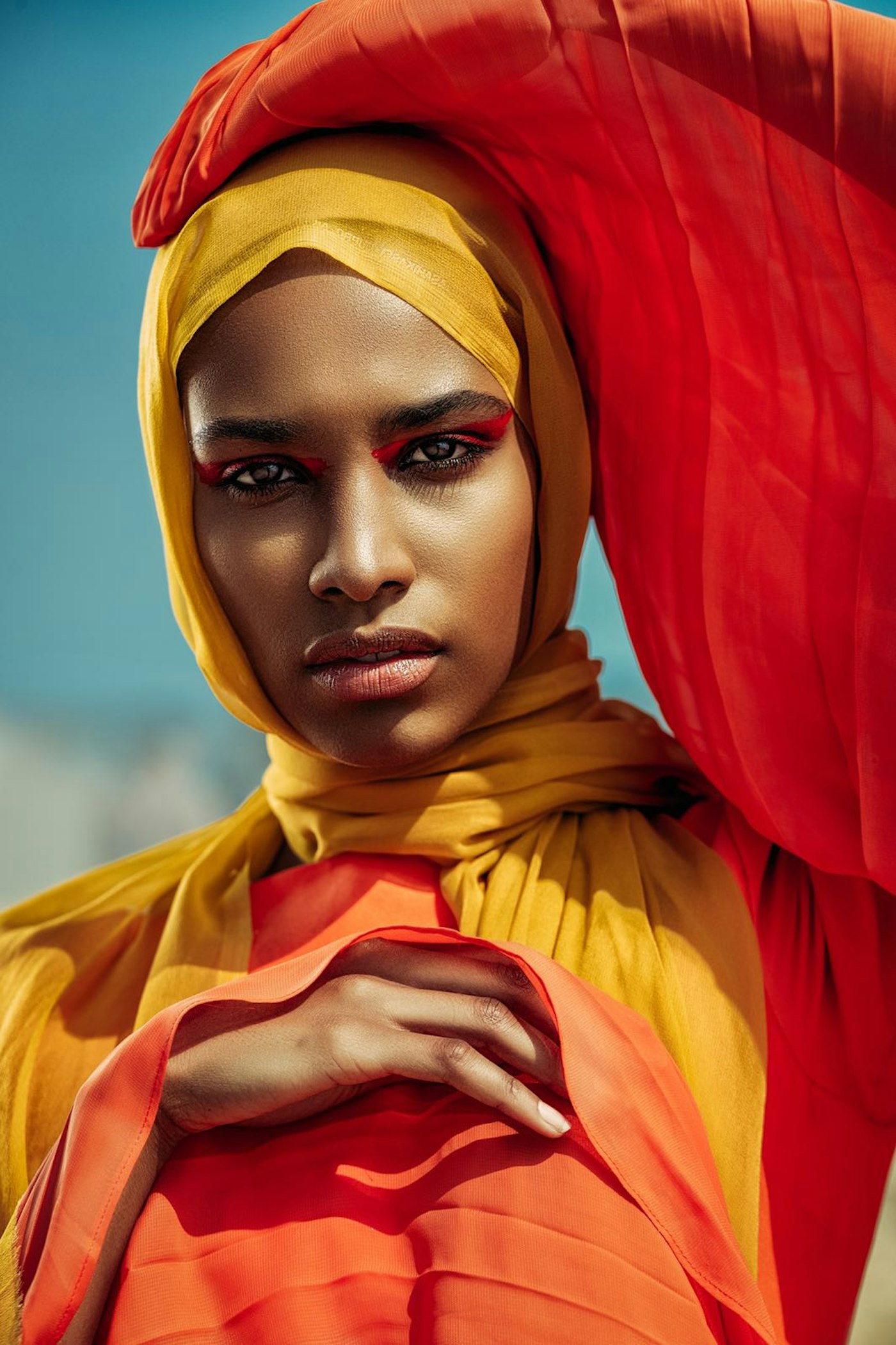
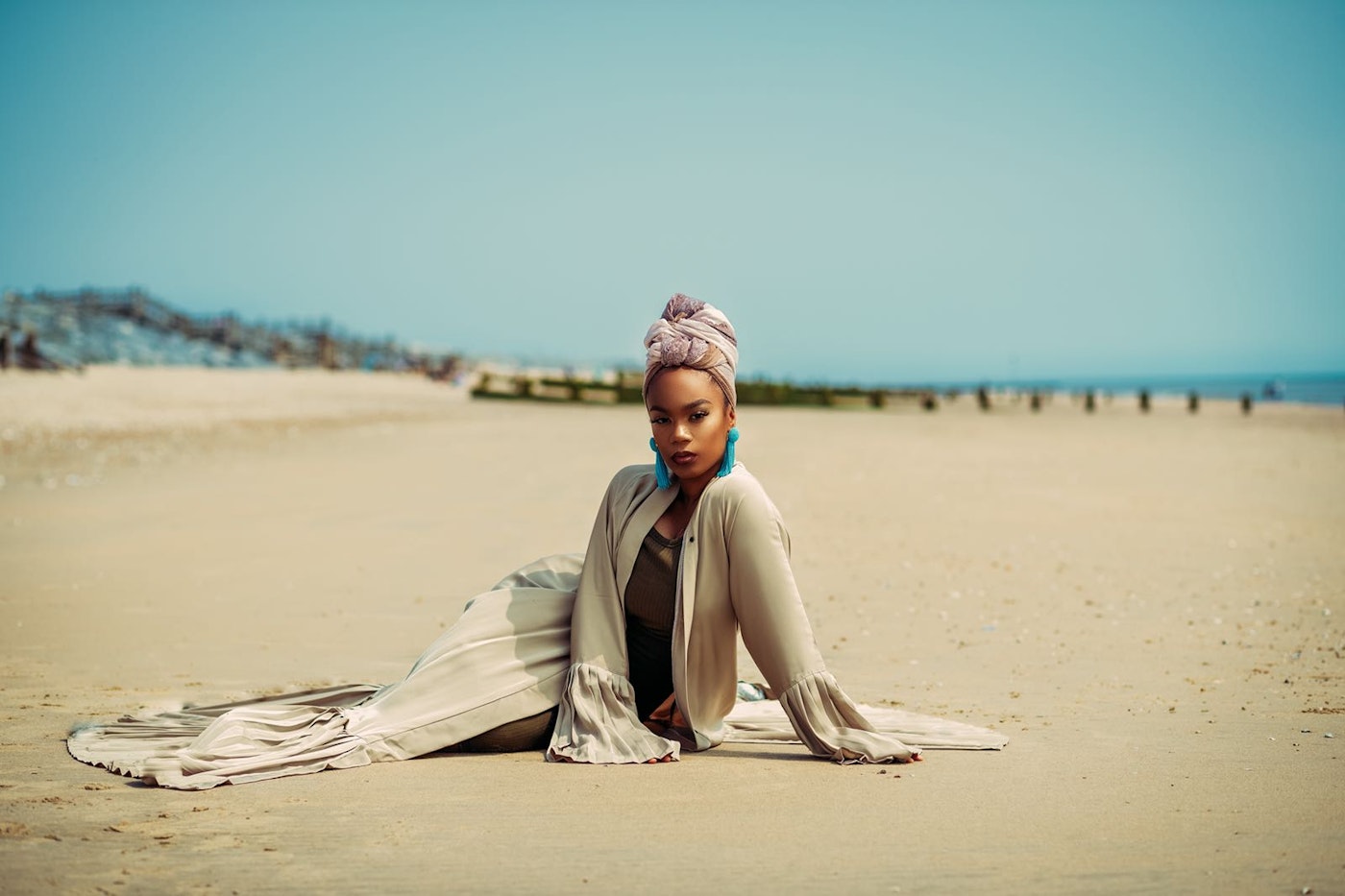
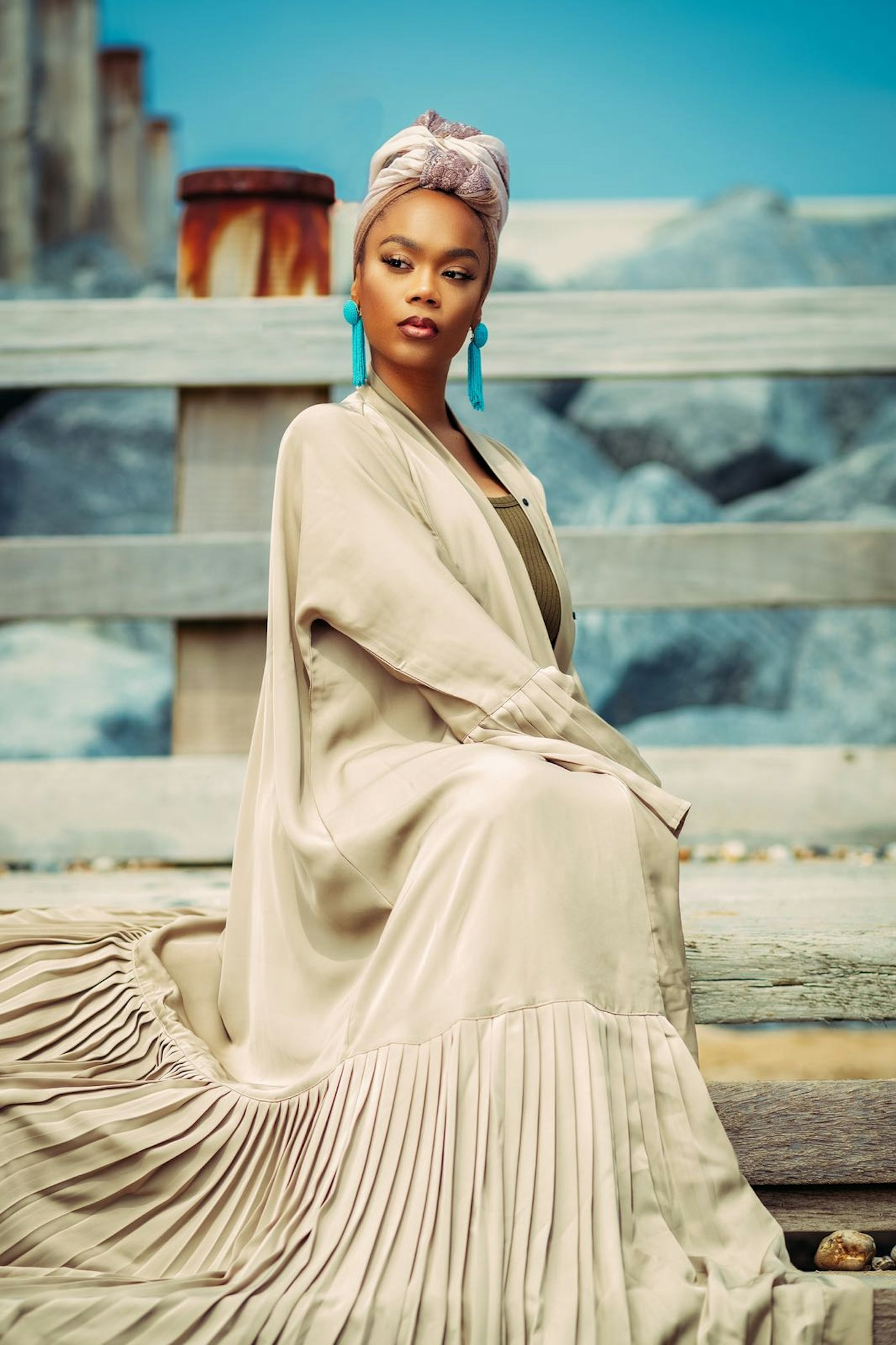
1. What is your #Ain’tNoToken campaign all about?
#AINTNOTOKEN is a campaign focusing on individual characters within the umbrella of representation in the media. I wanted to show that a subset has a diversity of its own and I chose to use something close to me, to begin with, which is why I chose modest fashion.
2. What incident(s) triggered the creation of this campaign?
3. Can you tell us about the women in the campaign and why you chose them?
Sure! these amazing women were hand picked by me for this campaign. Each model represented an element and I chose to go for this because the elements are the strongest forces among us, and I wanted to create something with impact.
- Ikram Adbi (Somali background) was embodying fire in her Ommah Berry Dress which was paired with a mustard yellow scarf that I cut up to be extra long so as to flow in the wind like flames. I swiped the red across her eyes to compliment the dress. Ikram moved to London on her own to pursue her dreams of being a model (AND IS KILLING IT), I am so inspired by her fiery passion that I felt that she would embody fire perfectly.
- Rhianna Beaumont (Jamaican background) was earth. In a sand coloured open abayah from Nur Al 3Ayn, paired with an earthy top knot turban and aqua blue earrings she encompassed the femininity in nature and the birthplace of all forms of life. She is a mother of 2 and her nurturing character is parallel to the way the ground protects the plants it holds. She is such a grounded person with the most humble attitude but still a force to be reckoned with.
- Eshe (Guyanese background) represented water. She is extremely empathetic, whilst still upholding her larger than life character. I felt she fitted perfectly with this quote about water that I came across, ‘Powerful enough to drown you, soft enough to cleanse you and deep enough to save you’ Her outfit from Becca Apparel complimented this with the blue tones and underwater jungle patterned on it. The endless flow of water is represented by the length of the scarf which is taken off the frame for emphasis.
- Amina Begum (Bengali background) was the personification of air. Her bubbly yet fierce character is a breath of fresh air. Light and airy like her minimal makeup. The jumpsuit from NMB Couture belted with the embellished piece from Lovisa was soaking in all the light giving a heavenly glow to her which is reflective of her aura.
- And then there’s me, these amazing women collectively embody what I am standing for.
#AintNoToken campaign by me pic.twitter.com/Y7ueBBAuDV
— Zee ★ (@Zainabhassanxo) July 31, 2018
#AintNoToken campaign pic.twitter.com/bY5XXG8pXt
— Zee ★ (@Zainabhassanxo) July 31, 2018
#AINTNOTOKEN campaign #ZXO pic.twitter.com/ezQ87Ef5Ko
— Zee ★ (@Zainabhassanxo) July 26, 2018
IG: @Zainabhassanxo pic.twitter.com/ZPzPoNn20w
— Makeup For WOC (@MakeupForWOC) July 17, 2018
4. How often do you feel brands and companies capitalise on fetishes surrounding ethnic minorities?
5. As a model how often does this issue face you?
6. How does being made a token manifest in media and fashion industries?
7. What do you want to achieve through this campaign? What message would you like this to send out?
I am speaking mainly to creators, brands. etc. I am just one person so it is not likely I will be heard but this hashtag can be 10,000 people, every time someone uses this hashtag they have a story and I want to make sure this circulates to the companies that are doing this, even if it is out of ignorance, can be aware of the effects of tokenism.
8. Through your personal experience, how would you encourage ethnic minorities to navigate being tokenised?
I feel like the conversation is the best way to start. People that want to understand will understand very easily when you lay it out to them. The main issue is that it has been masked as ‘diversity’ for so long, so I do believe that making a statement is key. For me personally, I speak through my work so I will continue to make work that follows #AINTNOTOKEN compass till people understand.
9. What would you say to Muslim women who are navigating this industry, knowing it will cost them campaigns (i.e their income) for objecting and standing up to brands who tokenise and fetishise?
Amaliah Team
This article was written by a member of the Amaliah team or a collective team effort. You can follow us on @amaliah_tweets for the latest or head over to our Instagram @amaliah_com. If you're reading this and are thinking about contributing an article then send us an email with a brief or a full article to contribute@amaliah.com